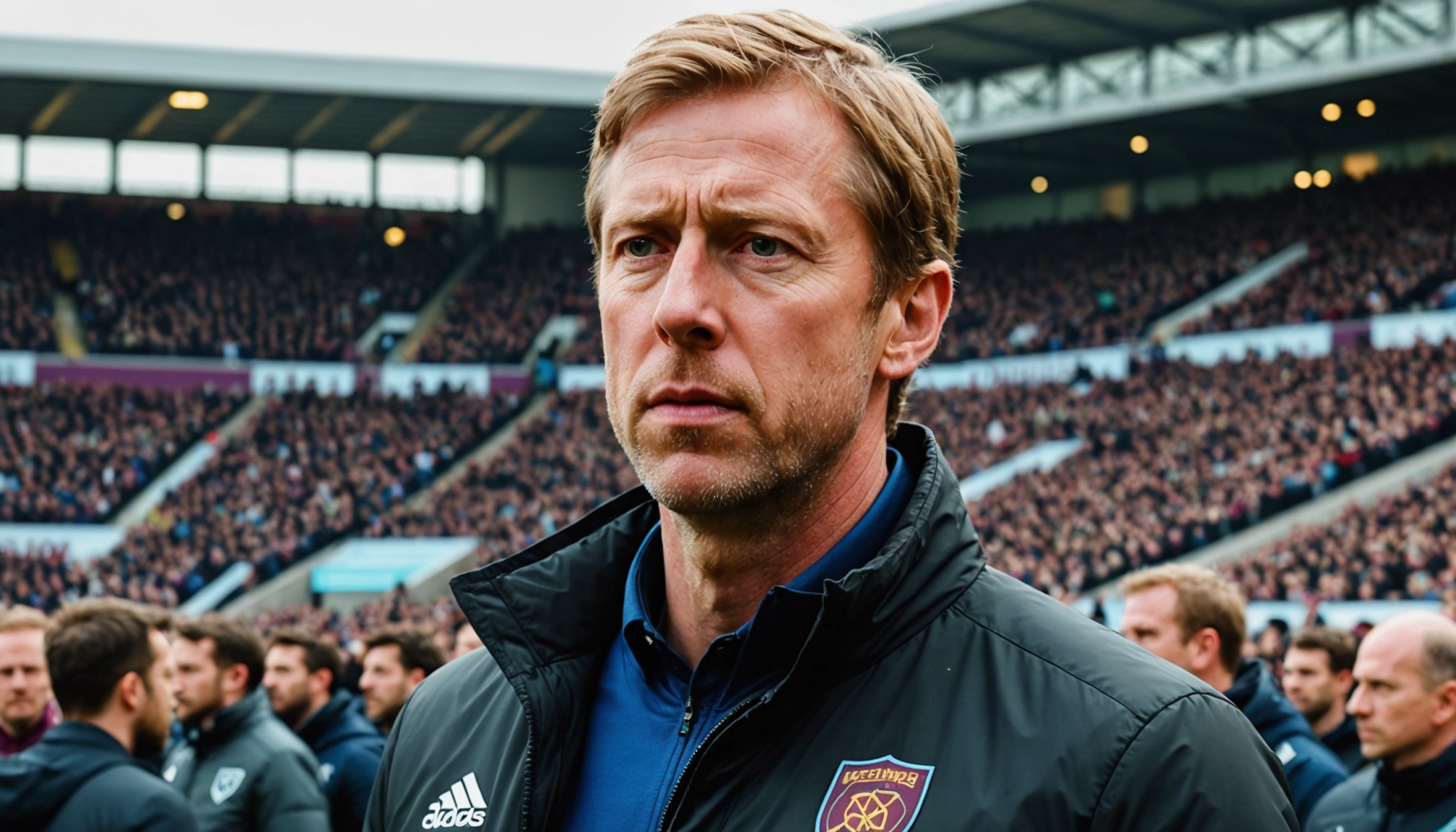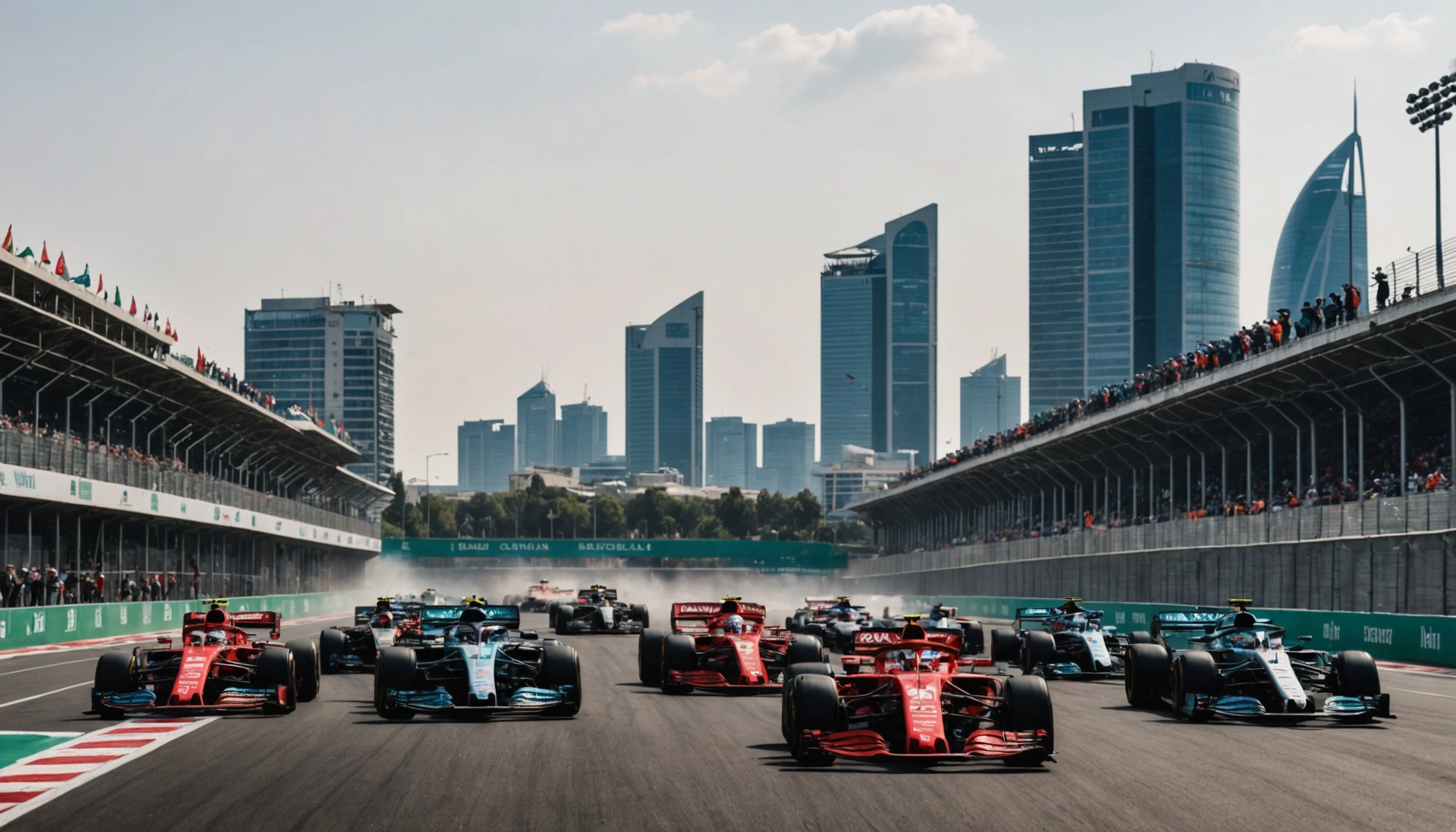West Ham's Graham Potter Faces Mounting Pressure Amid Poor Start
West Ham's head coach Graham Potter faces intense scrutiny following a disappointing start to the Premier League season, with the club exploring managerial options.

By Editorial
Introduction To The West Ham Managerial Crisis
West Ham United find themselves embroiled in uncertainty as head coach Graham Potter's position at the London Stadium comes under serious threat. Just eight months into his two-and-a-half-year contract, Potter is confronting mounting pressure after a string of disappointing results in the Premier League. The club’s early-season struggles have sparked internal discussions about possible managerial changes, reflecting the urgency to halt a worrying trajectory.
Why Is Graham Potter Under Pressure?
Since his appointment in January, Potter has overseen 25 matches but secured only six wins, a figure that pales in comparison to his predecessor Julen Lopetegui, who managed seven wins in 22 games. The current campaign has been especially challenging, with West Ham losing four of their first five Premier League fixtures, culminating in a disheartening home defeat to Crystal Palace.
This poor form has not only frustrated fans but also unsettled the club’s board, who acknowledge that continuing on this path risks further decline. The decision to begin exploring potential replacements even after only five league games signals growing concerns behind the scenes.
Potential Managerial Alternatives In The Frame
West Ham’s contemplation of new leadership includes several notable names. Nuno Espirito Santo, recently relieved of his duties at Nottingham Forest, is reportedly among the candidates under consideration. Santo’s Premier League experience and tactical nous make him an attractive option for a club seeking stability.
Another name floated is Slaven Bilic, a familiar figure to the club who has previously played for and managed West Ham. Discussions regarding Bilic’s potential short-term return have surfaced internally, reflecting the board’s desire for a steady hand during turbulent times.
Additionally, Gary O’Neil, known for his managerial spells at Bournemouth and Wolves, is on West Ham’s radar. His ability to work with limited resources and develop players could appeal to the club’s vision moving forward.
The Challenges Of Changing Manager Early In The Season
While the urge to act swiftly is understandable, removing Potter so early is fraught with risks. Five games into the campaign is a minimal sample size, and abrupt changes can disrupt team cohesion and morale. Football clubs often struggle to find immediate success after mid-season managerial changes, as seen in various Premier League case studies.
However, West Ham’s board seems poised to balance these risks against the potential long-term benefits of a managerial switch. The priority remains to arrest the slide and reignite the squad’s competitiveness ahead of upcoming fixtures against Everton and Arsenal.
Fan sentiment and broader club implications
Off the pitch, West Ham supporters have voiced their frustrations loudly, with protests calling for board changes and improved decision-making. This atmosphere adds another layer of complexity for Potter, whose job security is further undermined by the growing fan unrest.
Such fan protests are not uncommon in English football during periods of poor results, but they often signal deeper issues within club management and long-term strategy. How the club navigates this turbulent period will be crucial in defining its future direction.
What Does This Mean For West Ham’s Season?
West Ham’s rocky start threatens their ambitions for the season, both domestically and in European competitions. The Premier League is notoriously unforgiving, and a poor run early on can derail even the most promising campaigns.
Maintaining focus is critical, and Potter’s ability to turn around results in the next few matches will likely determine his fate. Fans and pundits alike will be watching closely as West Ham face challenging fixtures in the coming weeks.
Looking At Broader Football Trends And Lessons
The situation at West Ham also reflects wider trends in football management, where patience for coaches is diminishing and immediate results are demanded. Clubs are increasingly quick to make changes, hoping to spark instant improvement.
For example, the recent managerial shifts across the Premier League underscore a volatile environment where even established coaches can find themselves on the brink after a few poor results. This dynamic is part of the sport’s evolving landscape, requiring managers to adapt rapidly or face replacement.
Conclusion: What’s Next For West Ham And Graham Potter?
As West Ham United confront the early challenges of the 2024/25 Premier League season, the club’s leadership must decide whether to back Graham Potter or pursue a new direction. The decision will weigh factors such as team morale, fan sentiment, and the club’s long-term ambitions.
Whether Potter can reverse the current fortunes remains to be seen, but the pressure cooker environment at the London Stadium ensures that every match counts. For football enthusiasts interested in management dynamics, this unfolding story at West Ham offers a compelling case study in modern football governance.
For further insights into football management and club developments, readers might find this feature on Pav Singh’s rise particularly illuminating, showcasing diverse paths in football leadership.
Additionally, to stay updated on Premier League performances, including top scorers and emerging talents, visit our comprehensive coverage on Premier League top scorers in 2024.
Related topics
Editorial
Sports expert at SportsScoop
Specialist in sports analysis and journalism
Related articles
Want to read more?
Explore our comprehensive collection of sports articles and analysis, or contact us for more information.



